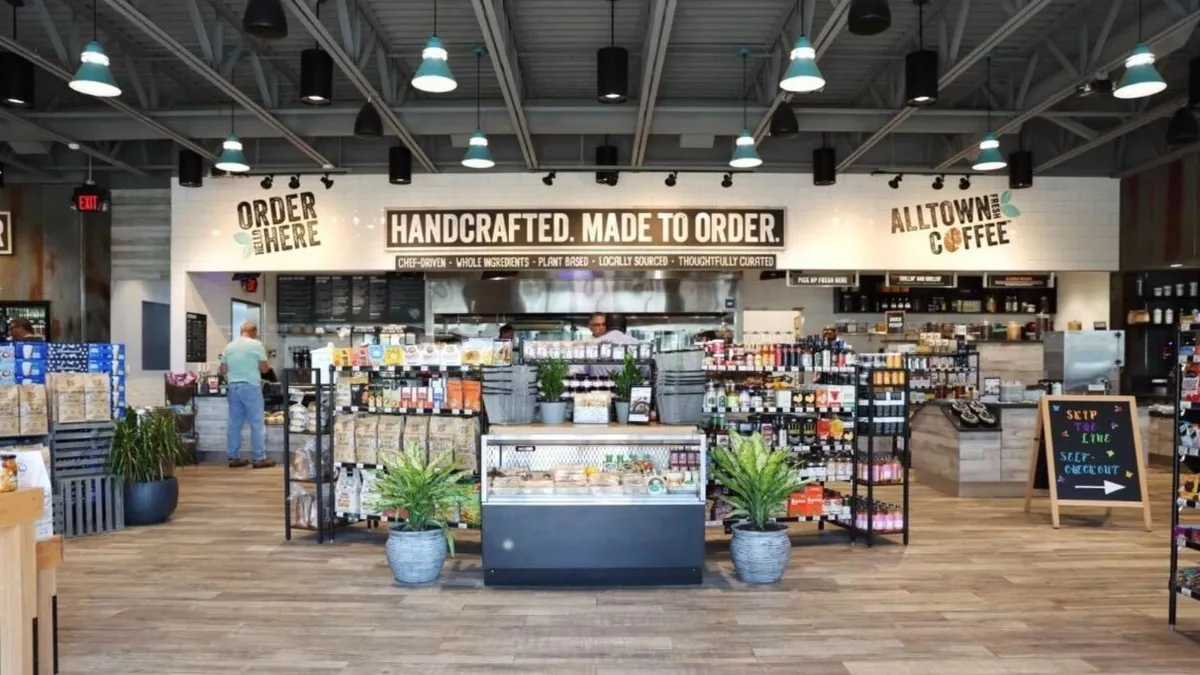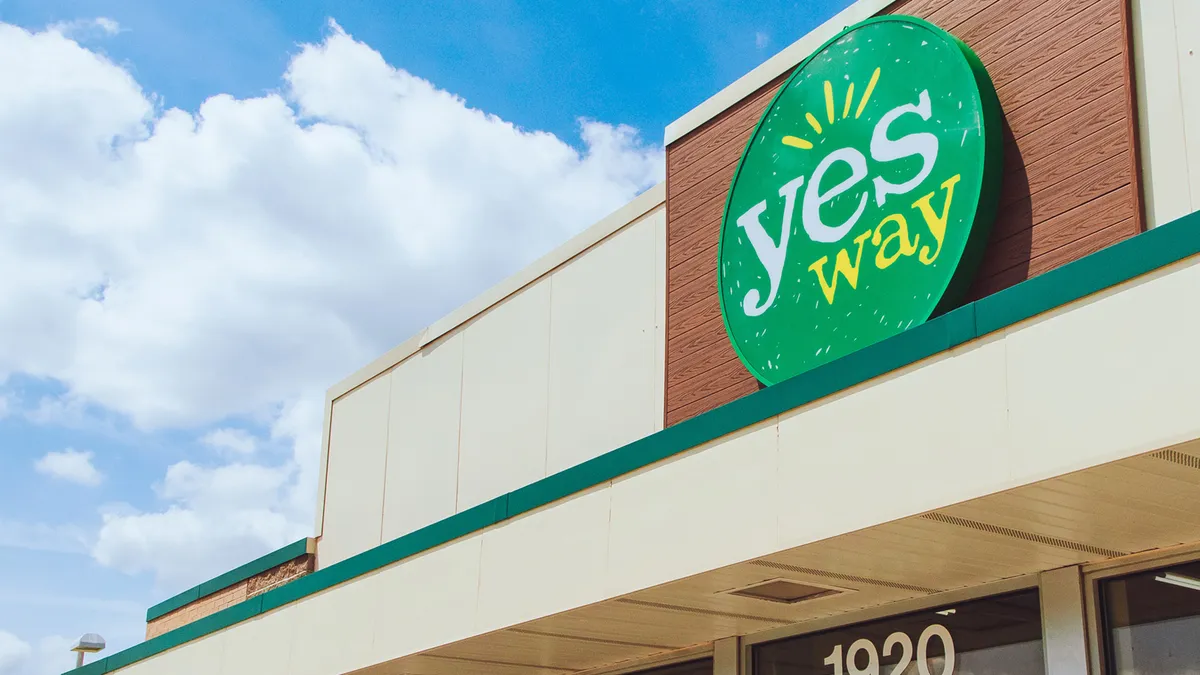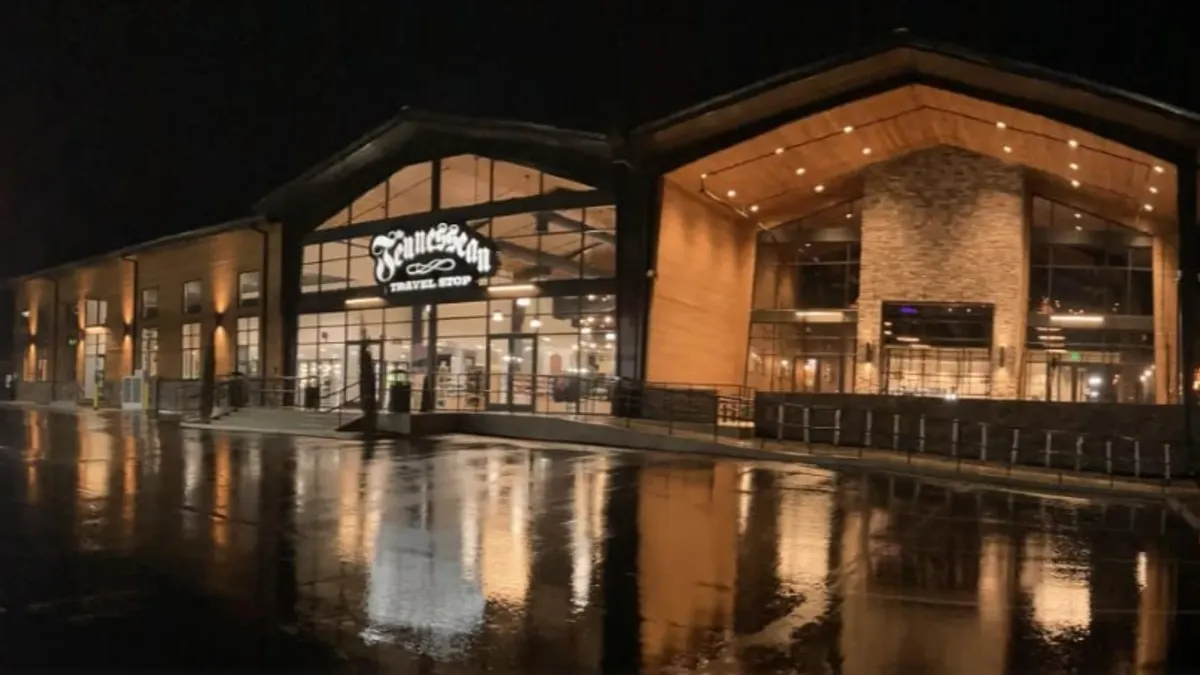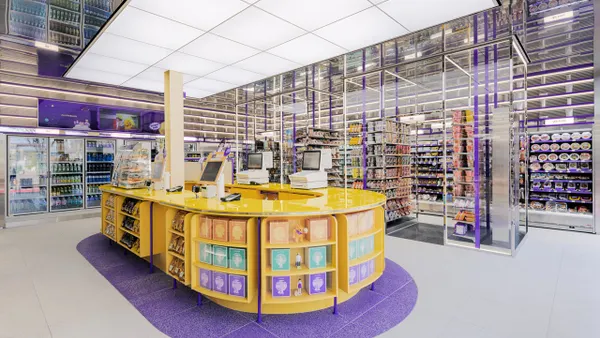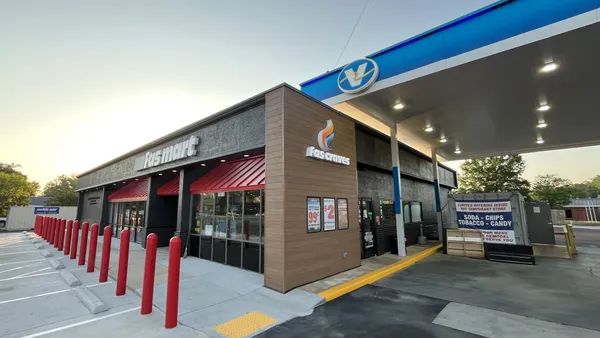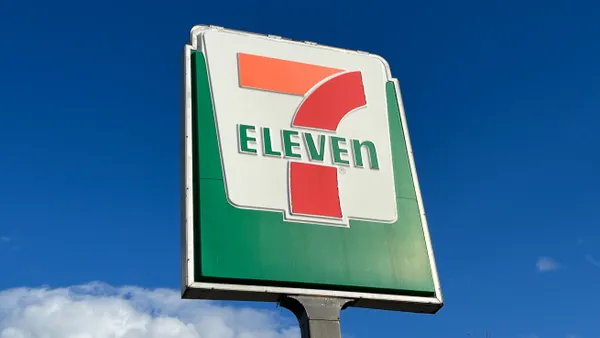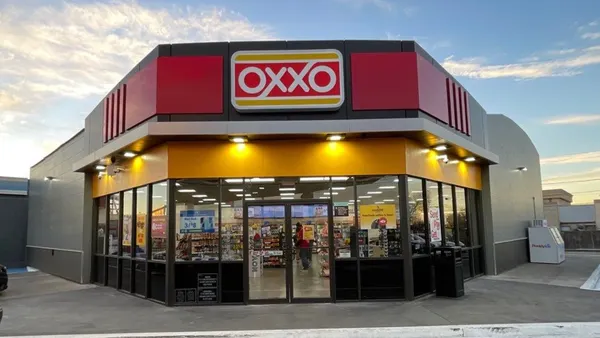3 Big Numbers is a weekly column that looks at a few key details from around the c-store industry.
In June, the Massachusetts Department of Transportation awarded Irish travel plaza operator Applegreen a contract to renovate 18 travel plazas and operate those locations for 35 years. It beat out several notable companies for the project, including RaceTrac, Love’s Travel Stops & Country Stores and Massachusetts-based Global Partners, which operates under banners like Alltown, Alltown Fresh and Honey Farms.
Almost immediately after Applegreen was named the winner, Global Partners objected to the deal, and over the following months, sought more information about the process and even filed a lawsuit over alleged violations of public records law.
All this led up to Applegreen terminating the contract with MassDOT earlier this week, saying “commercial realities” and the threat of litigation from Global Partners “have jeopardized the project’s timeline and financing.”
With the project back at square one, what does it all mean? In this week’s “3 Big Numbers,” we take a last look at the dueling proposals.
108
The number of travel plazas Applegreen has in the U.S.
One of Global Partners’ main concerns was that the MassDOT official overseeing the process had an existing relationship with Applegreen and may have acted improperly and steered the decision in Applegreen’s favor.
But independent of that, it’s understandable why officials might be drawn to a proposal from Applegreen.
Travel plazas are Applegren’s bread and butter. The company runs rest stops along major thoroughfares like the Garden State Parkway, the New Jersey Turnpike and the Ohio Turnpike, and is currently in the middle of a more than $450 million update of 27 sites along the New York State Thruway. And that’s before you look at its overseas holdings.
However, experience isn’t the only consideration.
$750 million
The amount Applegreen planned to spend on remodeling the sites over the course of the contract.
When the contract was first awarded, Applegreen expected to spend about $750 million over the life of the agreement to improve the facilities at the 18 locations. This would include money to tear down and rebuild nine sites and to make significant refurbishments to nine more, according to a MassDOT presentation. That’s about $42 million per location.
Global Partners’ proposal, meanwhile, outlined about $650 million for upgrades, according to its website. This included about $322 million for the initial revitalization phase — about $61 million less than Applegreen had slated for that part.
Whether it’s Global Partners or someone else entirely, these sites should see significant upgrades in their future.
$1.5 billion
The guaranteed rent Global Partners said it would pay for the sites if its proposal had been chosen.
At a public hearing on the project, speakers highlighted the difference between the rent Massachusetts would receive from Applegreen’s and Global Partners’ bids.
Global Partners said in its lawsuit against MassDOT that its plan would have been worth a total of $1.5 billion over the 35 years.
In contrast, Applegreen’s guaranteed rent, according to MassDOT’s presentation on the winning bid, was a variable amount that would bring in between $623 million and $994 million through the lifetime of the contract.
Again, there’s no guarantee that Global Partners gets the nod with Applegreen out of the picture. But if they do, that’s enough cash to fix a lot of potholes.


